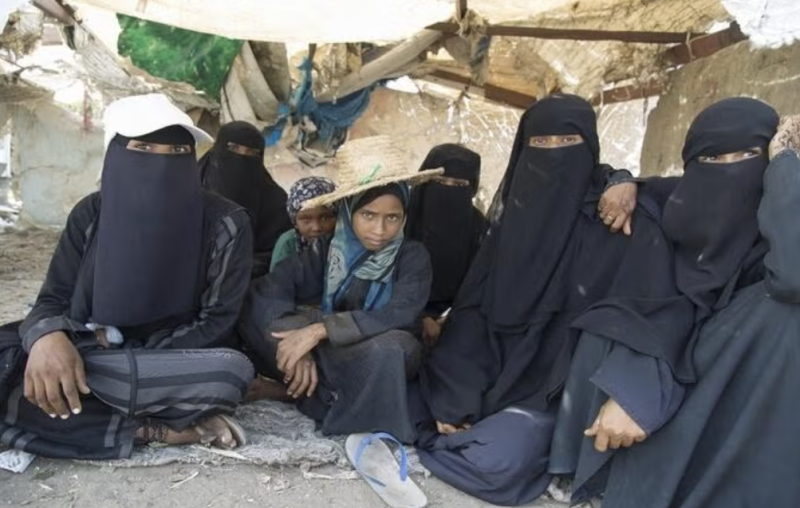Comprehensive WASH support to conflict affected populations in Yemen


Yemen is suffering from the worst humanitarian crisis in the world, derived from over five years of active conflict. Fighting has caused significant damage to essential infrastructure, including water and sanitation systems and health facilities. Access to basic services has been drastically reduced against a backdrop of increasing rates of food insecurity, malnutrition, the reemergence of cholera, and near complete economic collapse. About 18 million people have limited or no access to safe drinking water, sanitation, or hygiene services. As of January 2020, cholera affected all but one of the 23 governorates in Yemen, with more than 1.2 million suspected cases since January 2018, including 1,543 deaths.
PROJECT OVERVIEW
The *Comprehensive WASH Support to Conflict Affected Populations in Yemen *(CWS) project improves access to safe and adequate water supply and basic sanitation infrastructure for households, health facilities, schools. The project builds resiliency through complementary hygiene practices to maximize and enhance health-seeking behaviors among the most vulnerable communities.
CWS supports and improves sustainable environmental health conditions of vulnerable communities in Yemen by improving water, sanitation, and hygiene (WASH) infrastructure and service delivery. The project addresses the key challenges to long-term sustainability by enabling (a) behavior change, (b) community ownership, (c) local capacity to manage infrastructure, and (d) coordination between public and private sector stakeholders. CWS will reach 43,950 direct beneficiaries, targeting the most vulnerable communities over three years.
OBJECTIVES
-Improved sustainability of WASH systems at a national and local level, through rehabilitation, refitting, and proper operation and maintenance by local stakeholders.
- Increased resilience of community members to WASH-related illnesses.
ACTIVITIES
***Improving access to safe water and sanitation facilities at household and community levels, ***including rehabilitation and/or extension of existing community piped Water Supply System, such as the installation of solar pumping systems; construction or rehabilitation of domestic latrines and sanitation facilities in public institutions; and building garbage collection points in targeted communities.
***Capacity building of local communities and authorities to maintain quality WASH services, ***including training for local water management committees; strengthening water quality management through enhanced water quality testing capacity; development and capacity building of community-based solid waste management; and development and sustainment of local service providers' financing mechanisms.
***Capacity building of local entrepreneurs to address community WASH needs through small-business initiatives or engagement within supply chains, ***including supporting local community groups to explore income generating activities related to water quality, sanitation, and hygiene services.
Safe hygiene education for vulnerable community members, including knowledge, attitudes, and practices surveys, deployment of behavior change training strategies, and distribution of dignity kits and other hygiene items to the most vulnerable in line with market availability.
***Helping communities to prevent and respond to WASH-related outbreaks and incidents, ***including emergency preparedness and response (EPR) training for local leaders and community focal points as well as development and implementation of EPR plans.

By/April Longley Alley* Among the broader regional repercussions of the Gaza ceasefire in October, one of the most signifi…

Al-Hodeidah – Local sources in Yemen’s Al-Hodeidah province have disclosed that Houthi militias are resorting to new methods of exploit…

By Jamal Al-Awadhi For years, Yemen has been treated by the international community as a marginal conflict an unfortunate…